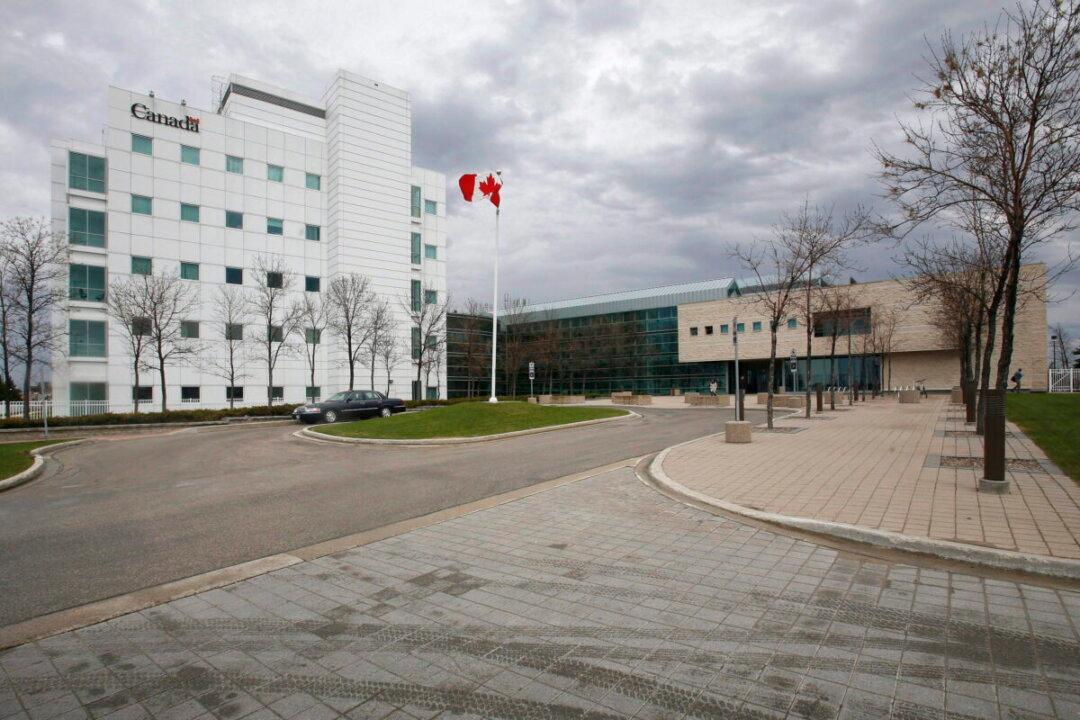Three former senior judges will have the final say on the public disclosure of documents related to the firing of two scientists from Canada’s highest-security laboratory.
The Liberal government says former Supreme Court justices Ian Binnie and Marshall Rothstein, along with Eleanor Dawson, who sat on the Federal Court of Appeal, will assist an ad hoc committee of MPs reviewing the records.





